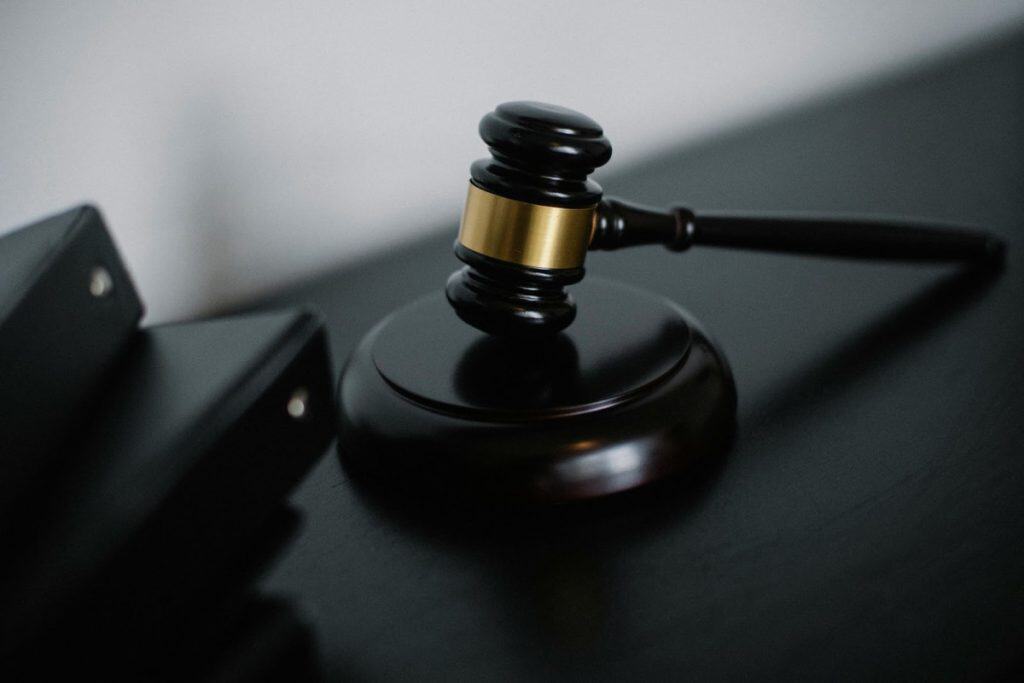The American criminal justice system is complicated and intimidating for anyone unfamiliar with its finer details. If you or someone you know has been arrested or charged with a crime, you must know your rights and have an expert criminal lawyer on retainer.

Criminal lawyers play a vital function in safeguarding the rights of individuals charged criminally. More importantly, they understand the legal processes involved in getting their clients represented, protected, and advocated during the whole process to ensure their fair treatment in the system of criminal justice. Let’s explore their profession further.
What is Criminal Law?
Criminal law refers to the part of law defining conduct as harmful to society, punishable by fine, imprisonment, or both. Crimes fall into two categories: felonies and misdemeanours. Felonies are serious offenses with consequences like imprisonment. A less serious crime is called a misdemeanor, and punishment pertains to a lesser penalty.
The Role of a Criminal Lawyer
Criminal lawyers manage people with charges against them. These can be offenses or crimes specified within a particular state’s laws. The charges can also include offenses against organizations, such as fraud or embezzlement. Below are the responsibilities encompassed within the job of a criminal attorney:
- Legal representation: They represent a client in court where this might be applicable. If not, they advocate for your interests at trial or in hearings or negotiations.
- Case evaluation: They assess the facts of a case to prepare the strongest defense. They review the available evidence and interview the witnesses.
- Client consultancy: The attorney advises the clients on their rights and options to help them make the right decisions as they walk through the legal process.
- Trial preparation: The attorney prepares for court when a case goes to trial. They formulate working arguments and develop a strategy for the court.
- Appeals: Criminal lawyers allow convicted defendants to dispute the verdict and sentence using an appeal.
The Importance of Hiring a Criminal Lawyer
The stakes in criminal cases are high. A conviction can lead to significant penalties, including imprisonment, fines, and a permanent criminal record. So, having an experienced criminal lawyer is essential for several reasons:
- Expertise in law: Criminal lawyers possess in-depth criminal law and procedures knowledge. They understand the nuances that can affect a case’s outcome.
- Defending rights: Expert lawyers protect their clients’ constitutional rights during legal proceedings.
- Defensive strategy: Legal practitioners devise a customized defense strategy for every case, which can ultimately affect the trial outcome.
- Moral support: Criminal charges can be very stressful and troubling. A lawyer provides guidance and comfort during such hard times.
The Process Involved When Working With a Criminal Lawyer
Finding a qualified and experienced criminal lawyer to represent you is crucial if you are facing criminal charges. If you want to work with one in Raleigh, North Carolina, consider these Raleigh criminal lawyers. They have a proven track record of successfully handling various criminal cases and will provide professional expertise. When engaging with a criminal lawyer, you will typically go through several stages:
- Initial consultation: During this meeting, you discuss your case details with the lawyer. The lawyer evaluates the situation and outlines potential legal strategies.
- Gathering evidence: The lawyer will collect relevant documents and evidence necessary for building a strong defence.
- Developing defense strategies: The lawyer will create a defense plan tailored to your specific circumstances based on the information gathered.
- Negotiation or trial preparation: Depending on whether the case settles or goes to trial, lawyers either negotiate plea bargains or prepare for court proceedings.
Endnote
It is crucial to comprehend the duties of criminal attorneys as the person in such a criminal case is required to rely on them. These attorneys understand legal systems and rules of procedure for it. This knowledge can be used in your interest to protect your rights and assist you in obtaining fair justice for your cases.




